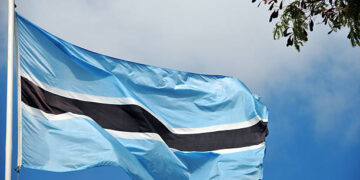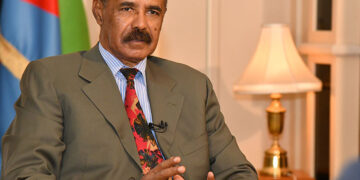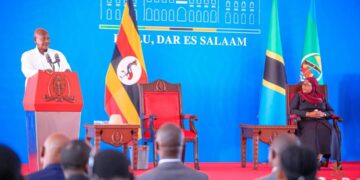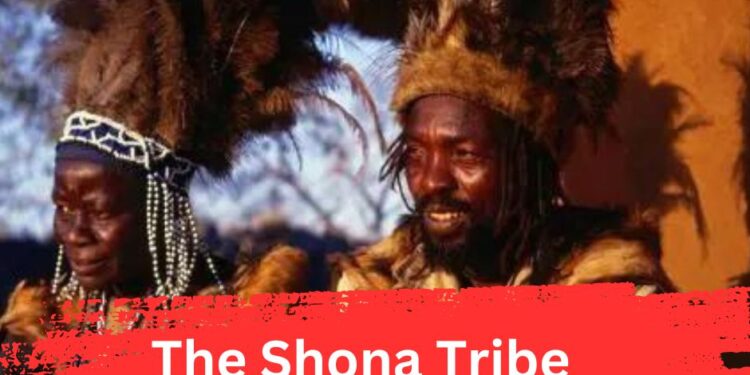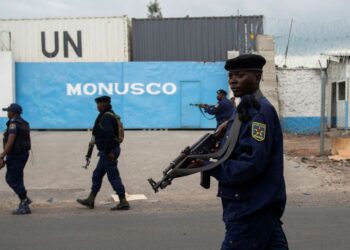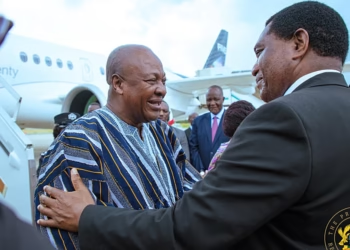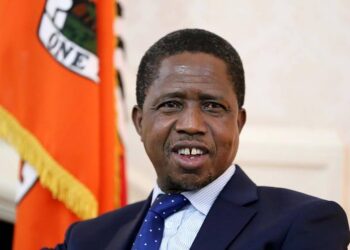Shona, are a Bantu ethnic group native to Southern Africa, primarily living in Zimbabwe where they form the majority of the population, as well as Mozambique, South Africa, and a worldwide diaspora. The main groupings are the Zezuru, Karanga, Manyika, Tonga-Korekore, and Ndau.
They are the ones who built all stone Ruins in and around Zimbabwe together with their main brother tribe the Venda tribe about 2000 years ago. Archaeological evidence proves that Nguni civilisations only date back to about 1040 years ago. A couple of centuries before that it was reported that Rozvi people had decided to disperse from the now ruins like Great Zimbabwe creating new totems of animals for agricultural and game conservative reasons among other reasons.
The Shona are farmers of millet, sorghum, and corn (maize), the last being the primary staple, and a variety of other crops such as rice, beans, peanuts (groundnuts), and sweet potatoes. Cattle are kept by most groups, but, although useful for their milk, they are mainly for prestige, as a store of value, and for bride-price payments.
Villages consist of clustered mud and wattle huts, granaries, and common cattle kraals (pens) and typically accommodate one or more interrelated families. It is headed by village headman who answers to the chief. The chief usually has more than ten headmen under his jurisdiction and he also acts as a judge.
While personal and political relations are largely governed by a kinship system characterized by exogamous clans and localized patrilineages. Descent, succession, and inheritance, with the exception of a few groups in the north that are matrilineal, follow the male line. Chiefdoms, wards, and villages are administered by hereditary leaders.
Some of the proverbs attributed to Shona, are:
Proverb: Vakuru vakati “Natsa kwawabva kwaunoenda usiku?”
Translation: Be sure to be at peace where you are coming from because where you are going its all darkness
Proverb: Vakuru vakati “Kuudza mwana hupedzisira”
Translation: “If you want to leave instructions to a child the best time to do it is just before you go”
Proverb: MUGONI WEPWERE NDEASINAYO
Translation: Literally “One who can control children is one without any.
Proverb: MWANA WASHE MURANDA KUMWE
Translation: A chief’s son is a subject in another land.
Proverb: NATSA KWAUNOBVA, KWAUNOENDA USIKU
Translation: Have a good reputation where you come from because you do not know what awaits you were you are heading.
Proverb: Vakuru vakati “Kandiro kanoenda kunobva kamwe”
Translation: A plate (of goodies) goes where another often comes from.




